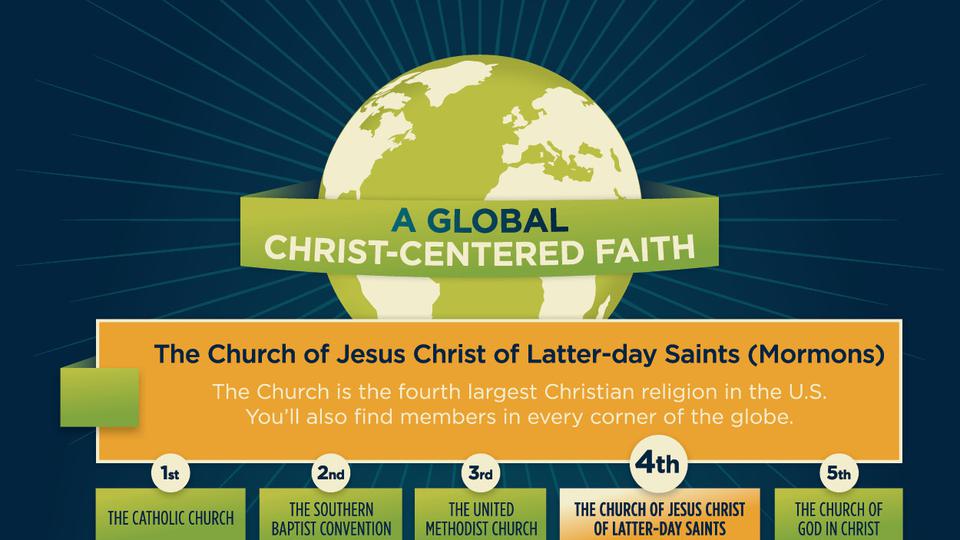Among Transforming Societal Characteristics, The Evolving Duty Of Churches Exposes Their Lasting Impact On Neighborhoods-- Is Their Significance Absolutely Being Redefined?

Authored By-Clayton Howe
You may consider churches as just puts for prayer, yet their function has progressed substantially over time. They have actually transformed right into community centers, dealing with different social problems and fostering connections amongst participants. As society modifications, churches encounter distinct challenges and should adapt to continue to be appropriate. What's driving this transformation, and exactly how do modern-day churches effect today's areas? Checking out these questions reveals much concerning their enduring relevance.
The Advancement of Churches Via History
As culture has proceeded, the duty and structure of churches have changed dramatically. You could observe that very early churches mostly functioned as churches and community event, rooted deeply in tradition.
In time, these establishments adjusted to the transforming needs of their churchgoers, usually reflecting social changes. As an example, the Improvement triggered a surge in varied religions, each accepting one-of-a-kind beliefs and practices.
Today, many churches focus not simply on spirituality yet additionally on social concerns, involving with modern-day obstacles like destitution and inequality. This development demonstrates exactly how churches continue to matter, addressing contemporary problems while keeping their core mission.
Recognizing this journey assists you appreciate the enduring influence of churches in our lives.
The Function of Churches in Community Structure
Churches play a crucial role in developing solid communities by cultivating connections amongst individuals and households. They supply a welcoming space for individuals to collect, share experiences, and assistance each other.
By holding https://www.ajc.com/news/new-southern-baptist-president-viewed-as-a-bridge-builder/IWMJXADBE5AZFHPDVX3FWGP3MI/ like meals, workshops, and volunteer possibilities, churches motivate engagement and collaboration among participants. You'll discover that these celebrations frequently cause lasting relationships and networks of support.
Moreover, https://postheaven.net/christian41evelia/typical-or-contemporary-churches-which-worship-design-is-right-for-you serve as a center for outreach, assisting those in need through food drives, therapy, and numerous community services. They produce a sense of belonging, reminding you that you become part of something bigger.
When you engage with your regional church, you're not simply going to solutions; you're proactively contributing to a vibrant, interconnected community that thrives on mutual support and empathy.
Obstacles and Adaptations in Contemporary Culture
While community structure stays a keystone of church life, modern society provides special obstacles that call for adjustment. You have actually likely seen decreasing presence and changing demographics, making it vital for churches to reassess their techniques.
Involving more youthful generations with innovation and social networks can help bridge the gap. Take into consideration organizing online solutions or neighborhood events that reverberate with varied rate of interests.
Additionally, dealing with social problems like mental health and social justice can attract those seeking support and function. You can develop comprehensive atmospheres that welcome every person, cultivating a feeling of belonging.
Conclusion
Finally, churches have actually changed from straightforward places of worship into vital neighborhood centers that address today's social problems. As you assess their evolution, it's clear they play an essential role in fostering connections and offering support. Regardless of difficulties, modern-day churches adjust by embracing technology and inclusivity, ensuring they stay relevant. https://writeablog.net/joshua98wendie/just-how-spiritual-organizations-assistance-mental-health-and-wellness nurtures a feeling of belonging however also forms social values, making them a vital part of contemporary life.

